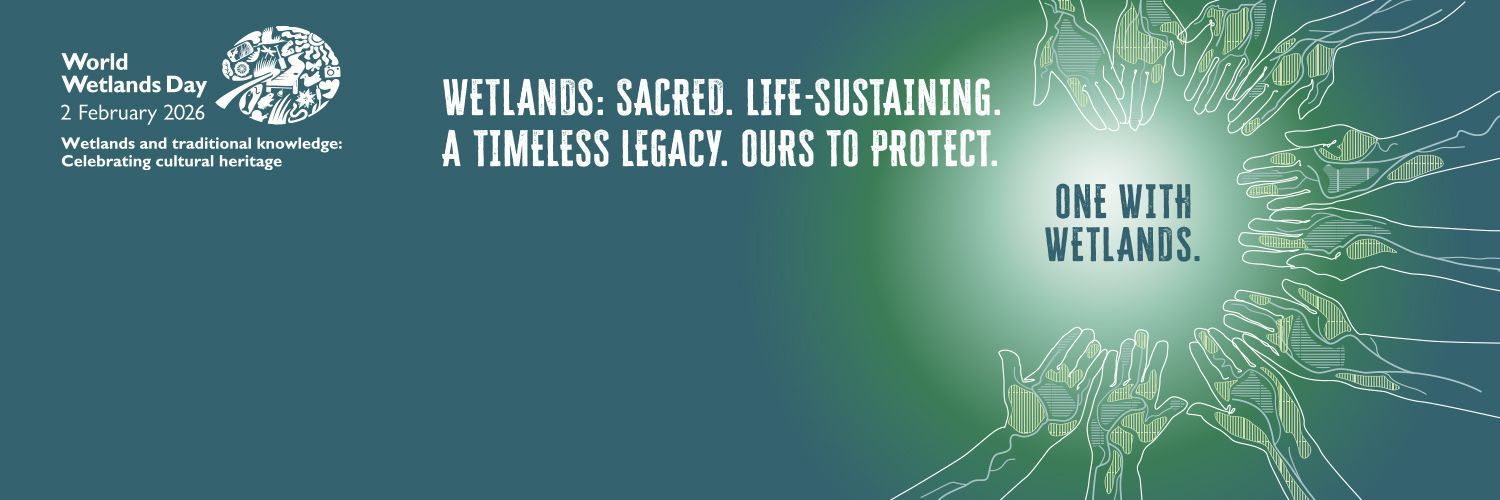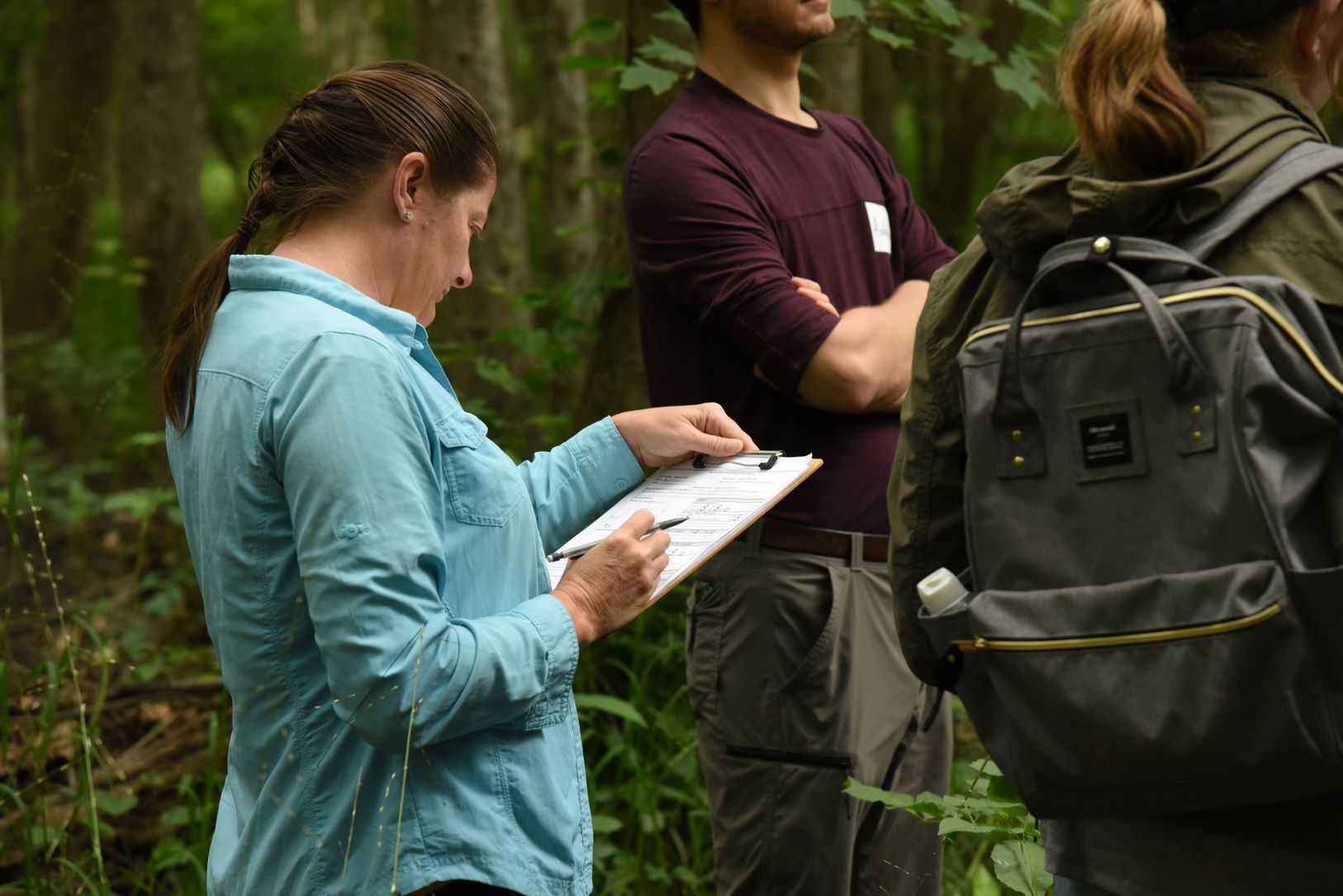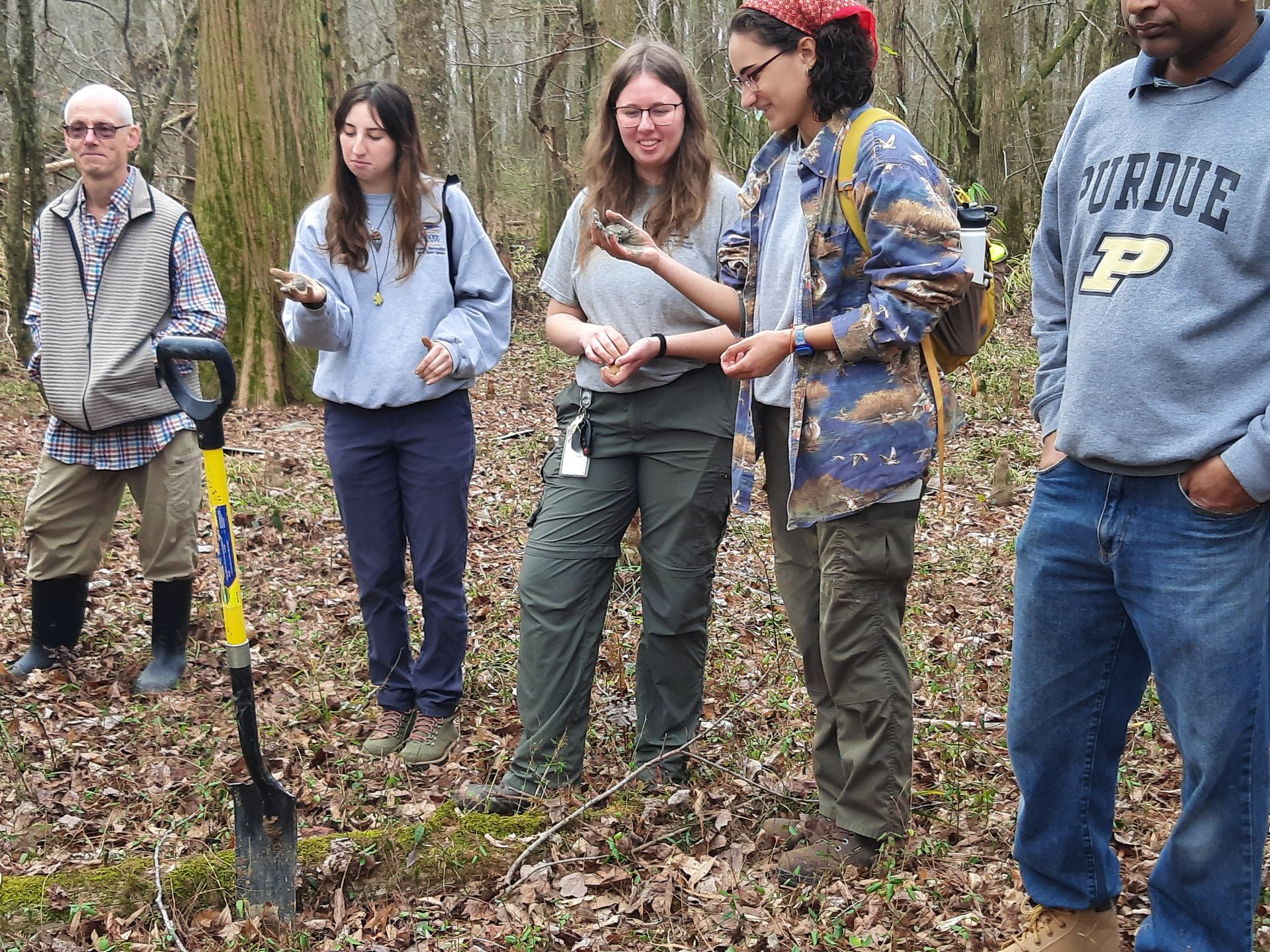Meet the 2023 Wetland Treasures of the Carolinas
Celebrate Wetland Treasures During American Wetlands Month!
Raleigh, NC – Carolina Wetlands Association celebrates wetlands and American Wetlands Month this May by announcing our newest Wetland Treasures. The designation of Wetland Treasures across the Carolinas selects wetlands that are ecologically valuable, protected by conservation plans, and home to an abundance of plant and animal diversity. Our recognized Wetland Treasures provide important benefits to ecosystems and human wellbeing including flood reduction, carbon sequestration, water quality, agriculture, diverse habitats, and recreation.
Despite their value, nearly 50% of the world’s wetlands have been lost in the last 100 years. Loss of these magnificent natural features endangers wildlife and humans. In North Carolina, 70% of the states endangered and threatened species rely on wetlands. In South Carolina, wetlands are the breeding ground for almost a quarter of the global population for four bird species.
As the year progresses, our organization looks to continue and expand upon our current Wetland Treasures program to include more community education and engagement opportunities with wetlands. We are hoping to increase the understanding and appreciation of wetlands across the Carolinas so that citizens and scientists alike can participate in their stewardship. As coastal states, we are obligated to protect our wetlands as their disappearance would be devastating for habitats and humans.
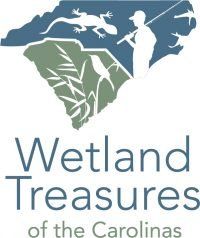
Goose Creek State Park
Beaufort County, NC
- Wetland Type: Saltwater and tidal freshwater marshes; swamp forest
- Site Owner: North Carolina State Parks
- Unique Feature: Goose Creek State Park Natural Area is designated as a National Natural Landmark by the National Park Service. The park contains several distinct ecological communities providing important habitat and food sources for a diverse group of animals and providing important wintering areas for several species of waterfowl.
- Tour Date: Saturday, May 6; 1pm-3pm (Register Now)
Horseshoe Farm Nature Preserve
Wake County, NC
- Wetland Type: Floodplain Forest consisting of bottomland hardwoods and a system of natural river levees
- Site Owner: City of Raleigh, Parks and Nature Preserves
- Unique Feature: The North Carolina Natural Heritage Program has designated the floodplain forest that surrounds the meadow as a Significant Natural Heritage Natural Area providing habitats for diverse numbers of plants and animals.
- Tour Date: Saturday, May 13; 10am-12pm (Register Now)
Waccamaw National Wildlife Refuge
Georgetown, Horry, and Marion Counties, South Carolina
- Wetland Type: Alluvial and black water floodplain forested wetlands; tidal forested and emergent wetlands; historic rice fields
- Site Owner: U.S. Fish and Wildlife Service
- Unique Feature: Waccamaw National Wildlife Refuge spans 54,000-acres and contains portions of the Great Pee Dee, Little Pee Dee, and Waccamaw River. It is one of the most diverse freshwater wetland systems in North America and is the primary drinking water resource for the greater Grand Strand region.
- Tour Date: Saturday, May 27; 10am-3pm (Register Now)
Carolina Wetlands Association now recognizes 38 unique Wetland Treasures across North and South Carolina. Discover the beauty and significance of wetlands by visiting one of our Wetland Treasures. Explore wetlands near you using our interactive Wetland Treasure Map.
For more information, contact Rick Savage (rick.savage@carolinawetlands.org), Executive Director of the Carolina Wetlands Association.
Carolina Wetlands Association thanks the Wisconsin Wetlands Association, whose Wetland Gems program is the model for this program. The Carolina Wetlands Association promotes the understanding, protection, restoration, and enjoyment of North and South Carolina’s wetlands and associated ecosystems through science-based programs, education, and advocacy.
More information of the
Wetland Treasure of the Carolinas.
You might also like
